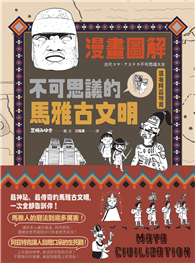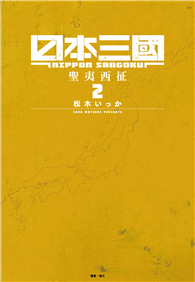A collection of 29 ecopoetic vignettes that explore the complexities of politics and progress in the Global South.
Known colloquially as "the odd month" for its unusual number of days, February in the rural Argentine imaginary has historically represented an auspicious time: the only month without rain, in which that season’s crops are gathered, celebrated, tallied, and accounted for. Drawing on this idea, The Odd Month charts a dystopian, lyrical landscape at the intersection of the twentieth-century agroindustry in Argentina and the devastating drought in the region from 2008 to 2009.
The poems are informed by the Argentine rural literary tradition while reflecting on the ways a once-idealized landscape has since been transformed. As these ecologically engaged poems show, if on the one hand there is the law--of the family, of religion, of animal domestication, of trickle-down economics, of national identity--attempting to produce order through different systematizations of the natural, on the other is the way in which animal and plant life put these laws into crisis and resist being mastered by humans.












